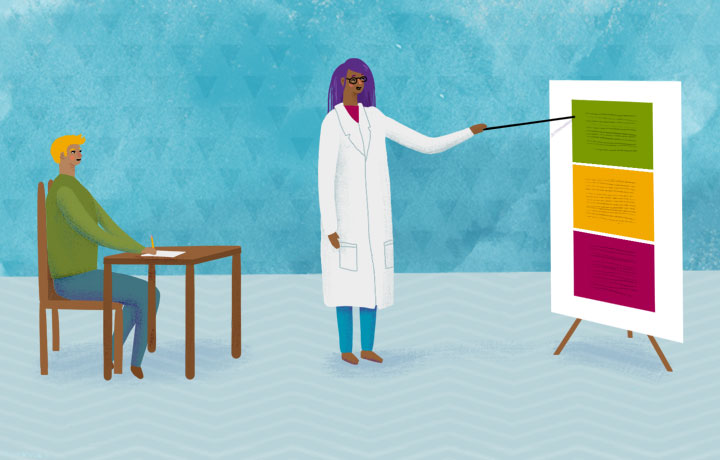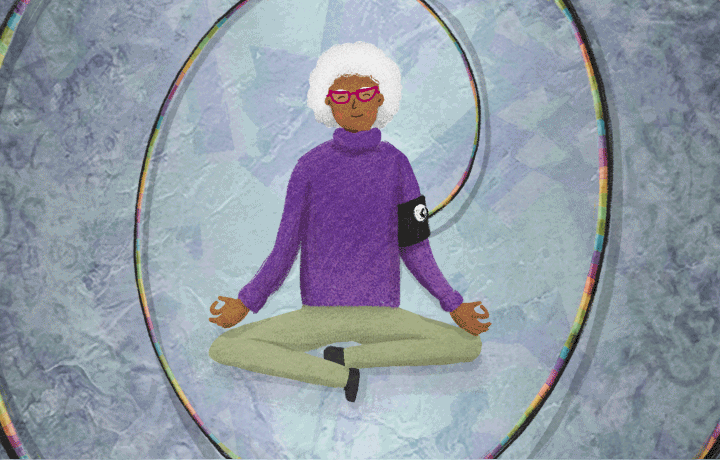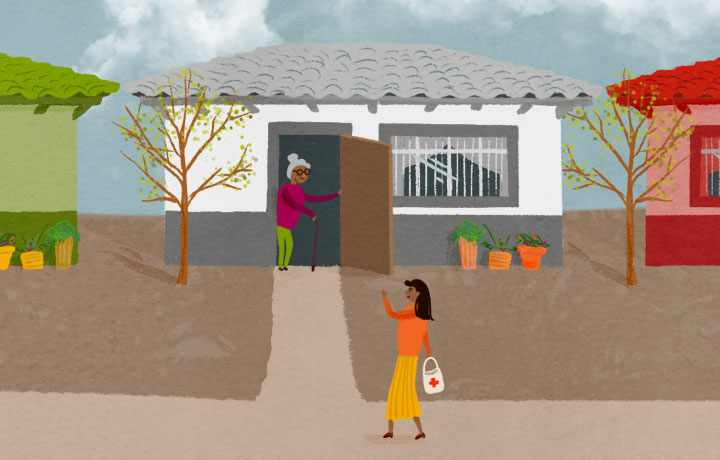Article
3-minute case study: Clean birthing kits save lives
By Lia Novotny | April 6, 2019
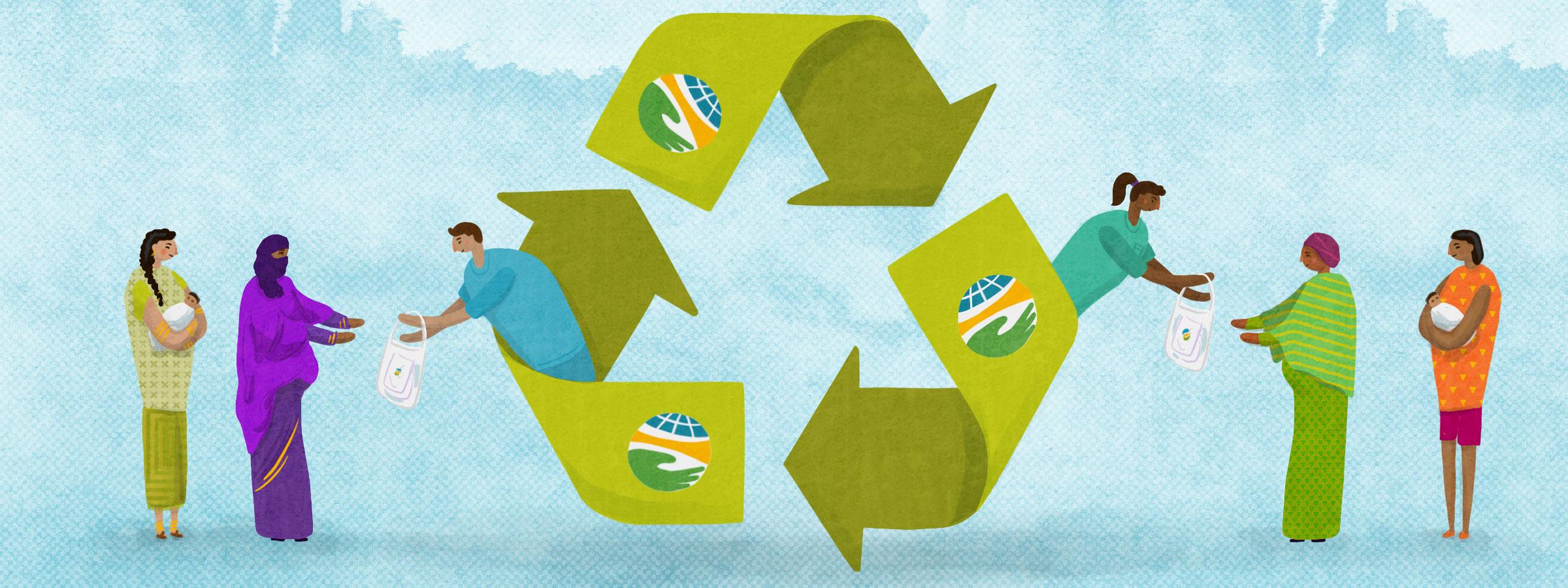
Across the athenahealth network and beyond, healthcare organizations are designing and implementing simple interventions with outsized impact on outcomes, satisfaction, and success. Here's another.
The problem
Every day, approximately 830 women die in childbirth worldwide, and some 7,000 infants perish within the first month of their lives, with even more becoming gravely ill or suffering serious injury.
Many of these deaths are the result of infections that could have been prevented with education and basic sterile medical supplies, but most women in the developing world give birth in their homes or in remote community clinics where such supplies are not readily available.
The solution
MedShare, a humanitarian aid organization founded in 1998, collects surplus medical supplies from hospitals and manufacturers in the U.S. to create clean birthing kits, which it then distributes to any medically underserved community or country.
The kits are small, easy to carry, and include a plastic drape, sterile cord-cutting razor, sterile cord tie, receiving blankets, soap for hand washing, sterile gloves, mesh underwear, diapers, an infant beanie, and pamphlets on safe birthing practices and danger signs for mother and baby.
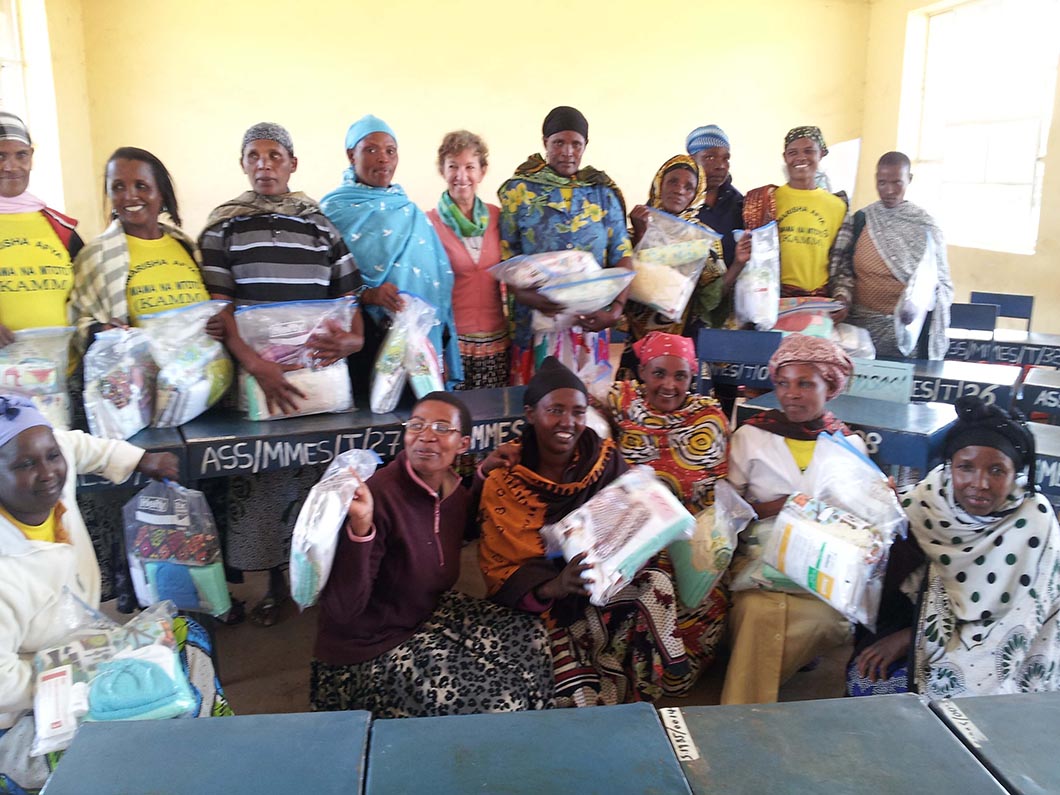
Without these kits, family members may have to walk 20 minutes to get water, or may not be able to boil whatever they use to cut the cord or sterilize a mattress. Sterile cord-cutting scissors and drapes make this unnecessary.
These are unused supplies, still in their sterile packaging, that either were mislabeled, in a crumpled box, or placed in an operating room but never opened or used.
In the U.S., "it costs too much from both a logistics and a legal standpoint to restock or repackage supplies," says Caitlin Fischer, spokesperson for MedShare, "so we collect those totally unused supplies." Volunteers pack the birthing kits, and medically trained personnel check packaging as well as expiration and manufacturing dates before the kits are shipped.
MedShare works with local ministries of health and medical missions to coordinate delivery of clean birthing kits to countries like Syria, Haiti, Tanzania, Nepal, and Sierra Leone. They are distributed through midwives and community health workers who are also trained on how to use the supplies and on safe birthing practices in general.
The outcome
MedShare has distributed almost 9,000 birthing kits in 43 countries, providing mothers the opportunity for a safe birth and a healthy baby. And to date, MedShare has diverted 3.8 million cubic feet of medical supplies away from U.S. landfills, where it otherwise would have ended up.
While tracking outcomes in remote regions can be difficult, MedShare worked with AMOS Health and Hope in Nicaragua to set up a study in the country's Chontales region to track the impact of clean birthing kits.
Beginning in late 2016, MedShare provided clean birthing kits to all expectant mothers as well as medical equipment to support prenatal care, such as ultrasound machines. The result was a 40 percent reduction in neonatal mortality in 2017 compared to 2016. And all the communities report “it has really motivated women to seek prenatal and postnatal care, and has inspired trust in hospitals, clinics, and medical professionals," according to Fischer.
“These are such basic supplies that we take for granted," says Fischer. “In this country we give them to every expectant mother, but elsewhere, they are a literal lifesaver."
Lia Novotny is a frequent contributor to athenaInsight.





